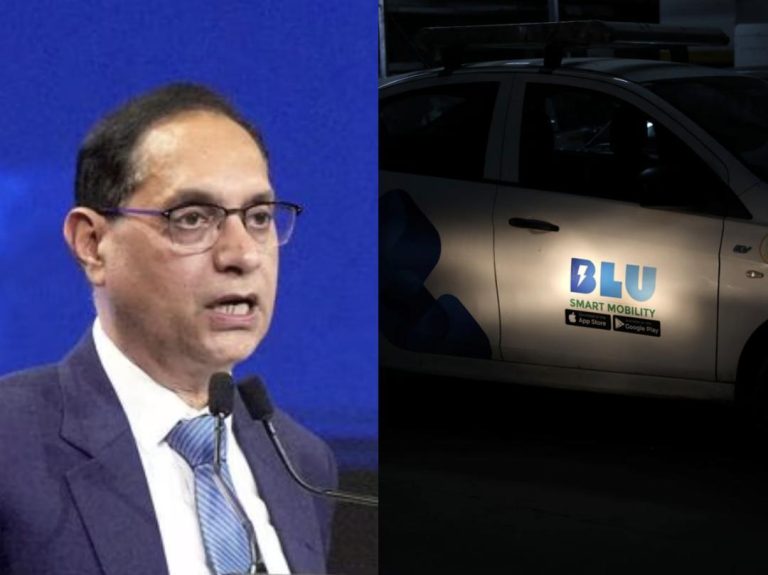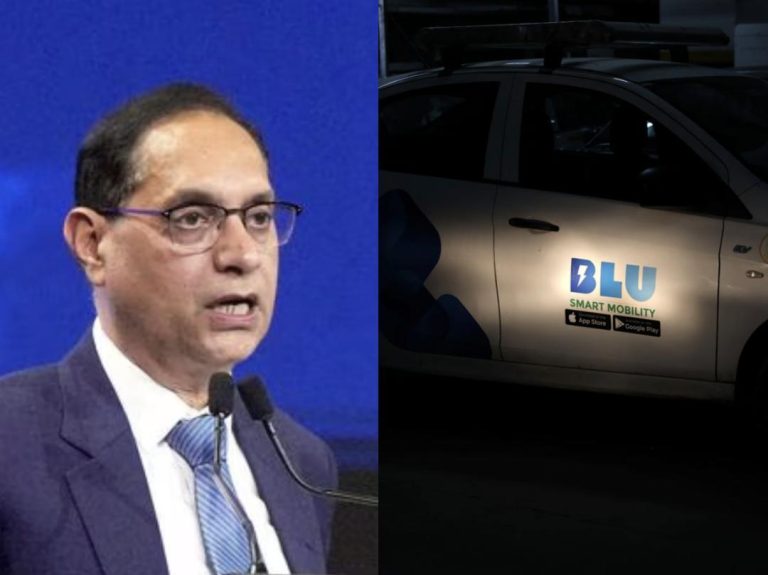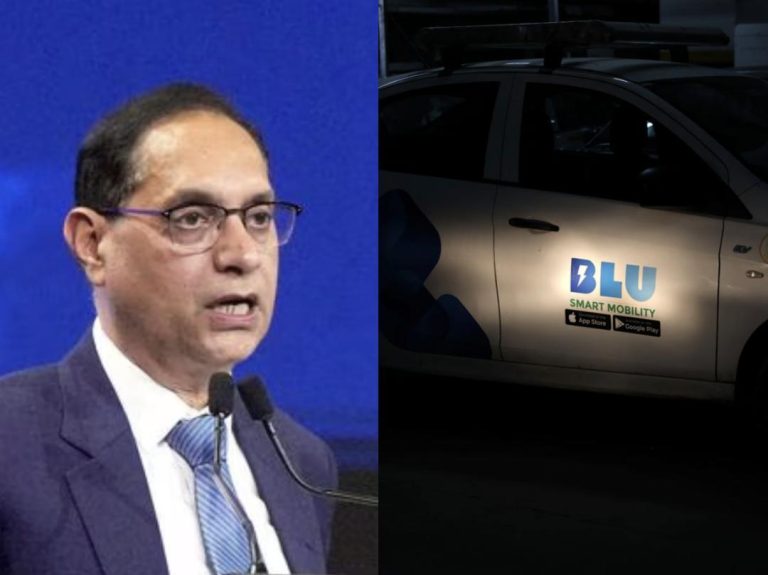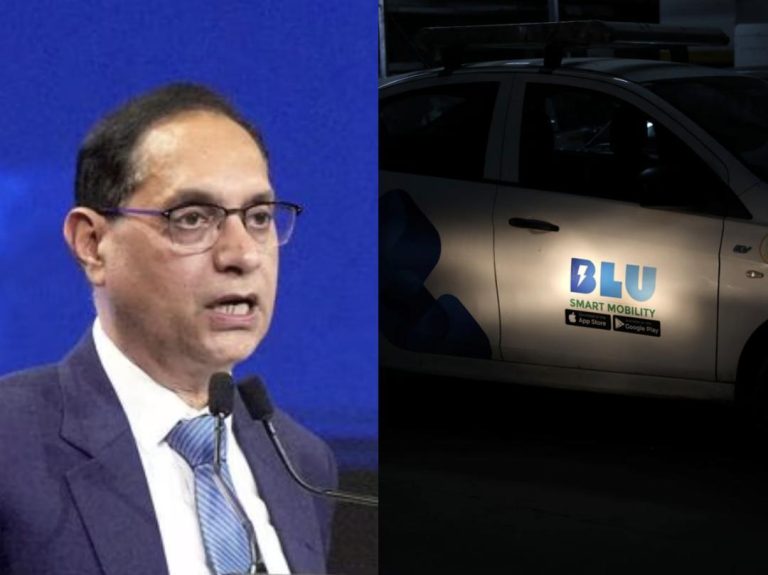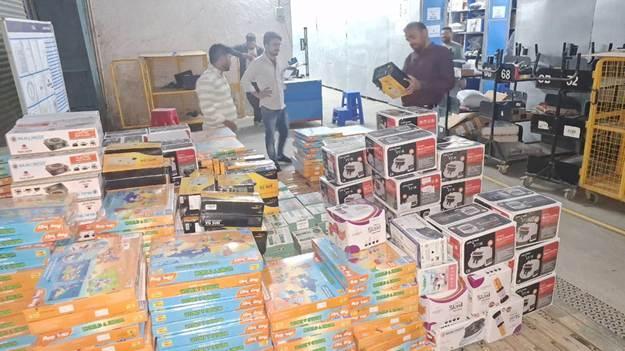
Amazon, Flipkart’s Warehouses Raided; Thousands of Poor Quality Items Seized
In a recent crackdown on substandard products, the Bureau of Indian Standards (BIS) conducted raids on Amazon’s Delhi warehouses and a Flipkart subsidiary, seizing thousands of poor quality items worth lakhs. This is not the first time such a raid has taken place, with similar operations being carried out in other parts of the country last month.
According to reports, the BIS raided Amazon’s Delhi warehouses in an over 15-hour-long operation, seizing over 3,500 substandard products, including geysers, mixers, and other appliances worth ₹70 lakh. The products were found to be non-compliant with the Indian standards and regulations, putting the health and safety of consumers at risk.
In another raid, a Flipkart subsidiary was found to be selling substandard sports footwear, further highlighting the need for stricter regulations on e-commerce companies. The BIS has been cracking down on e-commerce giants like Amazon and Flipkart, which have been accused of selling substandard products to unsuspecting consumers.
This is not the first time that Amazon and Flipkart have faced scrutiny from the BIS. Last month, similar raids took place in Delhi, Gurugram, Faridabad, Lucknow, and Tamil Nadu’s Sriperumbudur, resulting in the seizure of thousands of substandard products.
The BIS has been working to improve the quality of products sold in India, and these raids are a step towards achieving that goal. The agency has been cracking down on companies that fail to comply with Indian standards and regulations, and those that sell substandard products to consumers.
The impact of these raids is not limited to just the companies that are being raided. It also has a broader impact on the economy and society as a whole. When consumers are sold substandard products, it can lead to a loss of trust in the market, and it can also have serious health and safety consequences.
The rise of e-commerce has led to a proliferation of substandard products in the market. With the ease of online shopping, consumers are increasingly eager to buy products at discounted prices without checking the quality. This has led to a situation where companies are willing to sell substandard products to make a quick buck, without regard for the consequences.
The BIS has been working to address this issue by implementing stricter regulations on e-commerce companies. One of the measures that the agency has taken is to introduce a new labeling system for products, which requires companies to display the BIS mark on products that meet the Indian standards.
The BIS mark is a guarantee that the product meets the Indian standards and regulations, and it provides a level of assurance to consumers that the product is safe and of good quality. The agency has also been working to improve the testing and certification process, to ensure that products are thoroughly checked before they are sold to consumers.
In addition to the raids and labeling system, the BIS has also been working to educate consumers about the importance of buying products that meet the Indian standards. The agency has launched several awareness campaigns, which aim to inform consumers about the risks associated with buying substandard products.
The impact of these efforts is already being felt. With the BIS cracking down on e-commerce companies and educating consumers about the importance of buying quality products, there is a growing awareness about the need for stricter regulations in the industry.
In conclusion, the recent raids on Amazon’s Delhi warehouses and a Flipkart subsidiary are a significant step towards improving the quality of products sold in India. The BIS has been working tirelessly to address the issue of substandard products, and these raids are a testament to the agency’s commitment to ensuring that consumers are protected from poor quality products.
The impact of these raids is not limited to just the companies that are being raided. It also has a broader impact on the economy and society as a whole. By promoting the sale of quality products, the BIS is not only protecting consumers, but also promoting economic growth and development.
